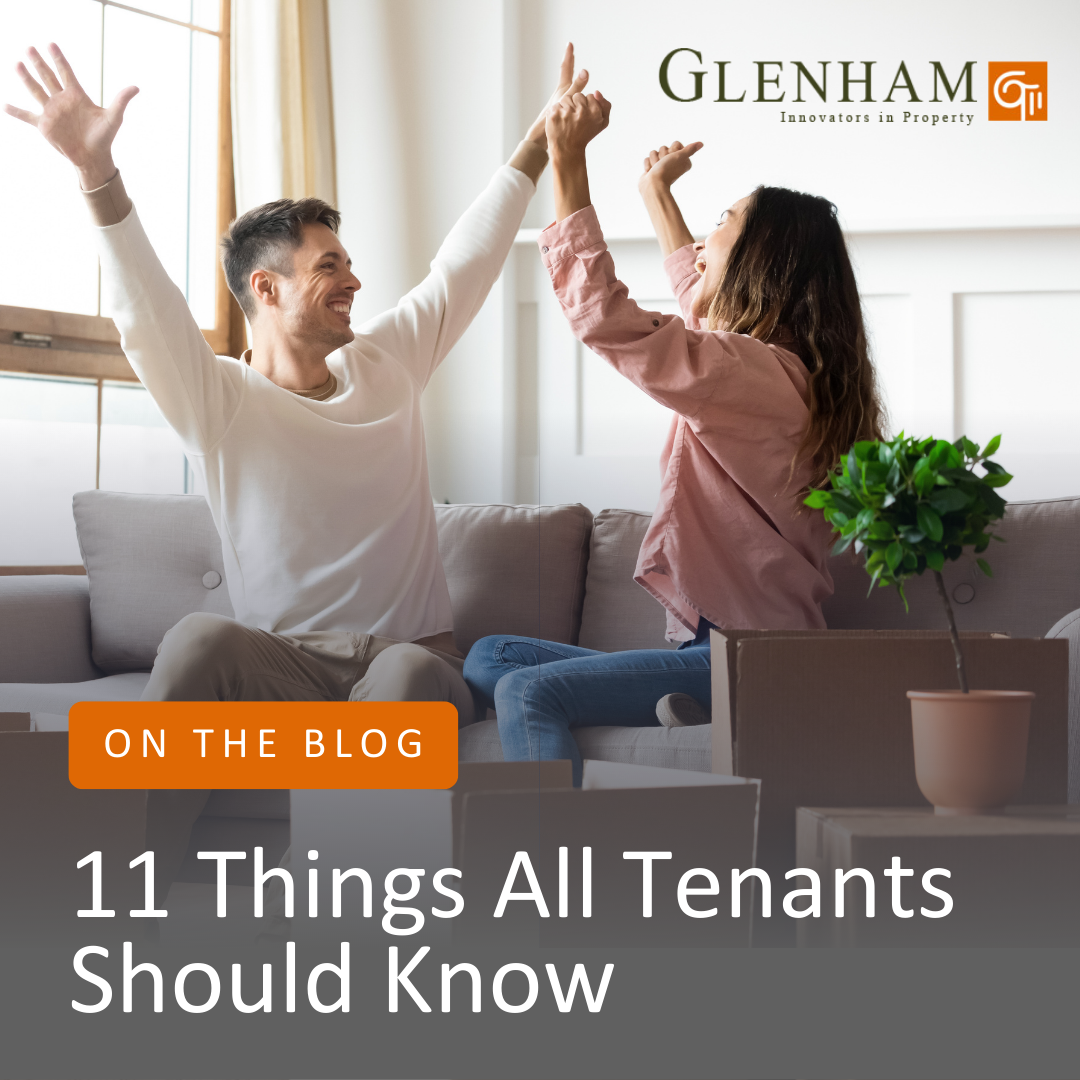The rental market in Scotland and especially in the main cities is highly competitive at the moment with constrained stock levels and huge demand with the result many tenants are becoming desperate to find somewhere to live. On the back of this we have heard a number of horror stories about tenants being scammed out of deposits and rent.
In Scotland the good news is tenants are afforded a greater degree of security of tenure and have greater protection under the Law than in other parts of the UK but anyone renting should understand their responsibilities and those of their landlord. So, we thought it would be a good idea to take a what tenants should look out for.
Firstly, we would always suggest being very careful if flats are being advertised in places like Facebook Market Place and Air BnB, most long term rental properties tend to be advertised on portal like Zoopla, Rightmove, Citylets etc. Some DIY landlords may advertise in other places but tenants should always ask questions to ensure they are fully compliant and are actually the owners of the property.
All landlords are required to be registered to let out a property and should have a valid landlord registration number (LRN).
Any property advertised for rent should have the LRN number and the EPC rating noted on the advert.
Do not pay any money upfront before a viewing is carried out and before submitting an application.
If renting through an agent then they must also be registered with the Scottish Government and hold what is known as a Letting Agent Registration Number (LARN). The legislation covers anyone who is essentially operating as an agent so be careful of what is known as rent to rent (R2R).
Many landlords and most agents will ask tenants to provide a fair amount of information so they can carry out character and back ground checks on any potential tenant so it’s best to be prepared. Have copies of Photo ID, proof of address etc.
No tenants can be charged an admin fee.
All deposits must be lodged with one of the deposit schemes and the maximum allowed to be held is two months’ rent. Further information can be found here
In all but a few cases tenants should be sent a copy of the lease which in Scotland is now the Private Residential Tenancy (PRT) this is a standard document and must given to tenants in writing along with the either the ‘Easy-read notes for the Scottish Government model tenancy agreement’ or the ‘Private Residential Tenancy Statutory Terms Supporting Notes’. These can be electronic documents instead of being printed on paper. Further information can be found here:
https://www.gov.scot/publications/private-residential-tenancies-tenants-guide/
An inventory would also normally be provided to tenants and they have the right to amend these and note any defects not already detailed. Tenants should keep a copy of this.
All properties are required to meet a minimum level and have the correct safety certification these are: energy performance cert (EPC) landlords gas safety cert, portable appliance test (PAT), electrical installation and condition report (EICR), legionella risk assessment.
In most cases tenants will be liable for all bills and council tax.
The above is not an exhaustive list and there are other things to be aware of, but if in any doubt always ask and check.
Looking to rent out your property? Glenham offer a property management service as well as property investment advice. Get in touch to discuss your needs.







